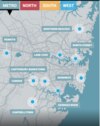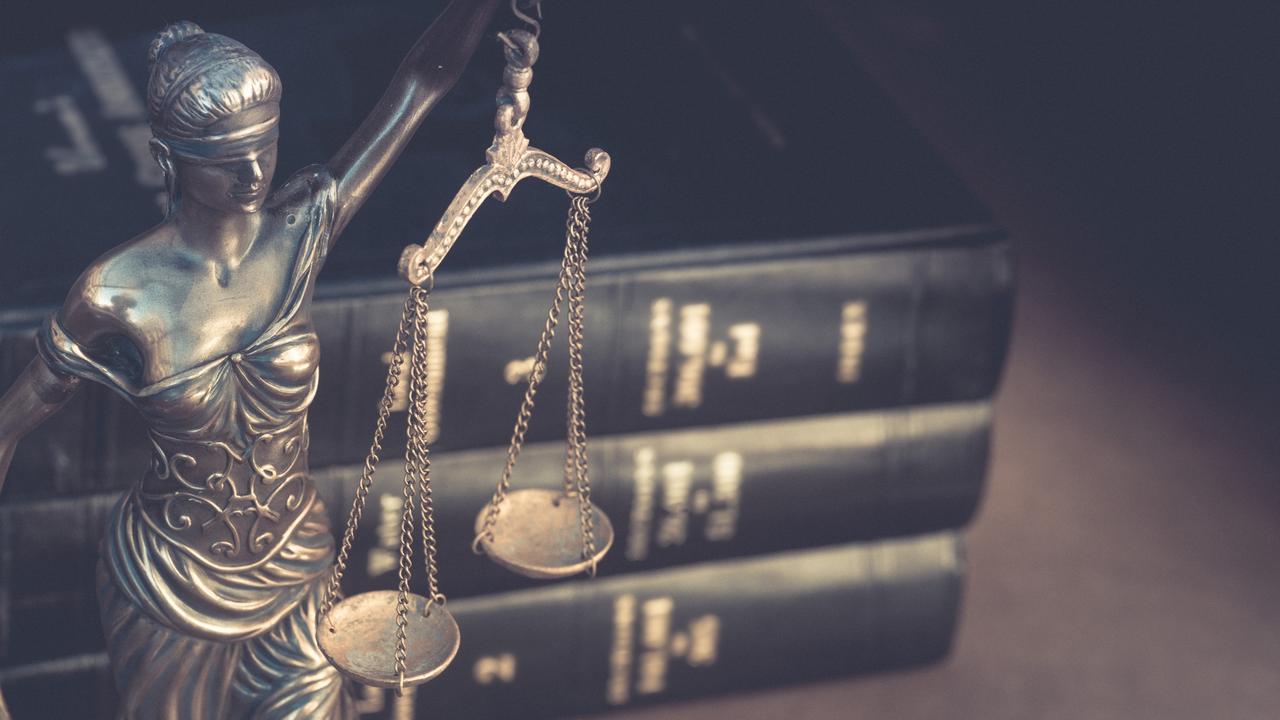2024 NSW local government elections: Your guide on how you can prepare and vote
As residents of NSW prepare to head to the voting booths on September 14, here’s a guide on the local council elections.
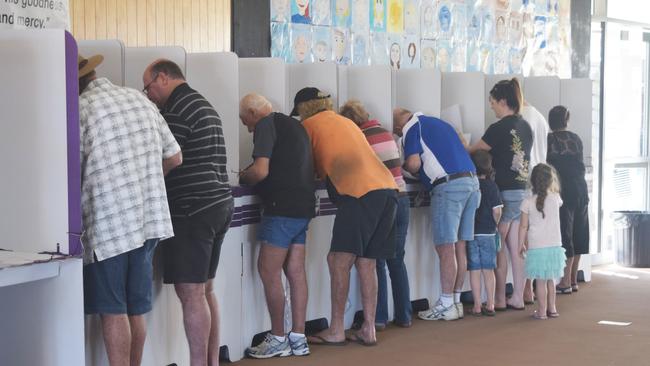
Hyperlocal
Don't miss out on the headlines from Hyperlocal. Followed categories will be added to My News.
Every four years in September, NSW residents head to their closest polling booth to vote in who will represent them at the local council. Here is your guide on how to prepare.
What are local government elections?
Local government elections (local council) are held in NSW every four years on the second Saturday in September.
The point of these elections, much like state and federal elections, is to elect a representative to their local council.
About 125 councils will be going into the elections, with an estimated 1240 councillors to be elected.
There are two types of local government areas, which are divided and undivided.
An undivided council is one with no wards and all councillors are elected by all the voters within the LGA, such as the City of Sydney and Campbelltown City councils.
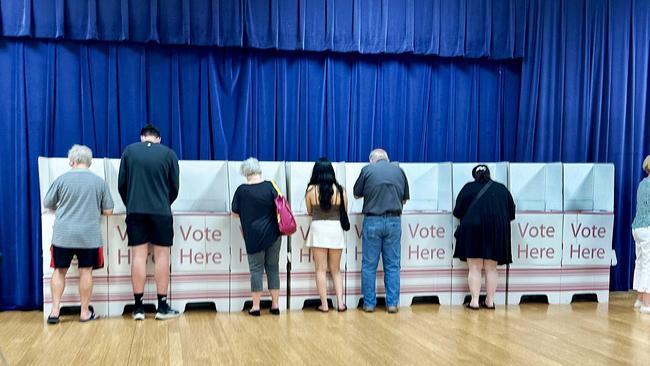
A divided council is one that splits up the LGA into wards, with an equal number of councillors elected for each ward such as Randwick and Penrith councils.
Once elected, councillors will serve a four-year term with the number of councillors varying from council to council.
How are mayors elected?
There are two ways the mayor of a local council is elected, by voters in a mayoral election and those voted by councillors.
In a mayoral election, voters decide who will serve the area in that role in a four-year term. These mayors are an addition to the council and cannot be elected as a councillor in the same council. An example of this is the Shoalhaven Council, where the incumbent mayor is Amanda Findley.
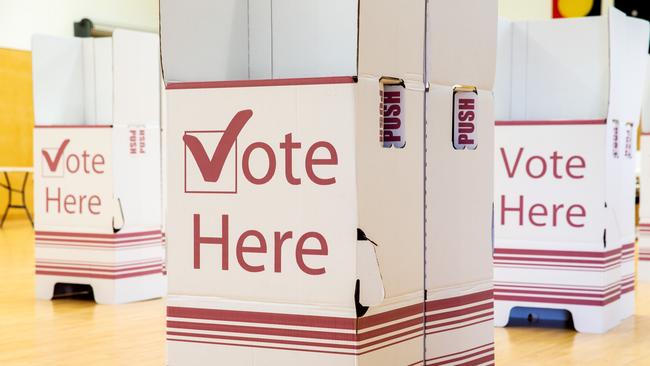
Some councils don’t hold mayoral elections, but instead elect a mayor from one of the serving councillors. These mayors serve only a two-year term, with a second mayor elected for the following two years.
An example of this type of mayoral election is Randwick Council, where Dylan Parker and Philipa Veitch served as mayors for two terms in the past four years.
This type of mayoral election has no involvement by the NSW Electoral Commission.
How does voting work?
Similarly to the trickle down effect seen in state and federal elections, candidates encourage voters to vote above the line. Once a particular party has at least 25 per cent of the overall votes, the first candidate on their party’s ticket will be on the council.
From there, it works to the next party with the highest number of votes. By voting above the line, you are voting for all candidates in that grouped ticket.
For example, say your ward has Labor, Liberal, Greens and an independent running. From one to four, with one being the strongly preferred, you put it above the line for independent, number two for Labor and so on.
What happens if I don’t vote?
Just like the state and federal elections, voting in the LGA elections is compulsory for residents over 18.
Residents who didn’t vote in NSW face the penalty of a $55 fine and have to respond within 28 days of the issued notice. The NSWEC will send out a formal “apparent failure to vote notice” in the post after election day.
This notice requires you to respond with a reason as to why you did not vote, with a delegate deciding whether your reason is valid.
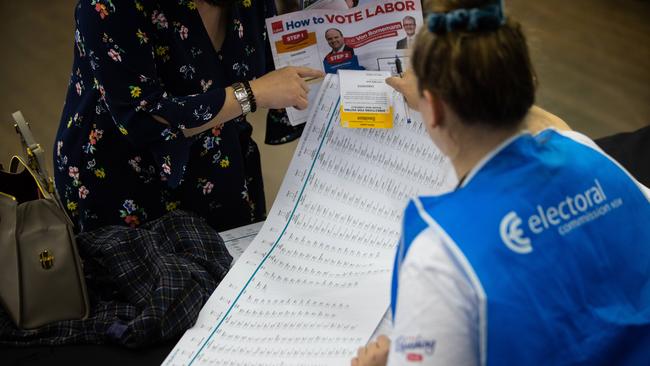
Not knowing that there’s an election is not a valid reason.
If a resident fails to respond within the 28 days, then a reminder will be sent before it is raised to Revenue NSW.
Once it’s brought to Revenue NSW, an additional $65 fee will be issued.
What changes have been made since last election?
Instead of the two-week pre-poll period at the prior elections, this year’s will only be one week. There will also be telephone assistance voting for those who are blind or have low vision, and no internet voting.
Count timeline
While Aussies are often used to hearing results of an election on the night, the vote counting will stop at 10pm and won’t resume until the following Monday.
Results of the election will be published on the NSWEC’s website from 7pm until 10pm. These results include initial counts for mayor and councillors for polling places, pre-polls and some of the postal votes.
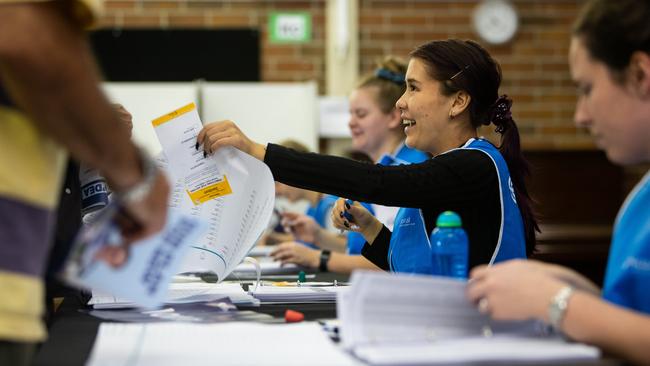
The start of the official declaration of results will start from October 1.
What are constitutional referendums?
A consitiutional referendum is when a council decides to propose an issue to voters during the elections. The proposed issues that can be voted on include:
– Whether voters should elect the mayor.
– Whether to divide the council area into wards or get rid of all wards.
– Whether to increase the number of councillors on a council or reduce them.
– Whether the method of election of councillors for an area that’s divided by wards should change.
Central Coast Council will pose a referendum at the election. The questions posed to voters will be “whether to reduce the number of Central Coast councillors from 15 to nine, resulting in three wards, each electing three ouncillors”.
For this referendum to pass, most voters in the LGA need to vote in support of it, with voting compulsory.
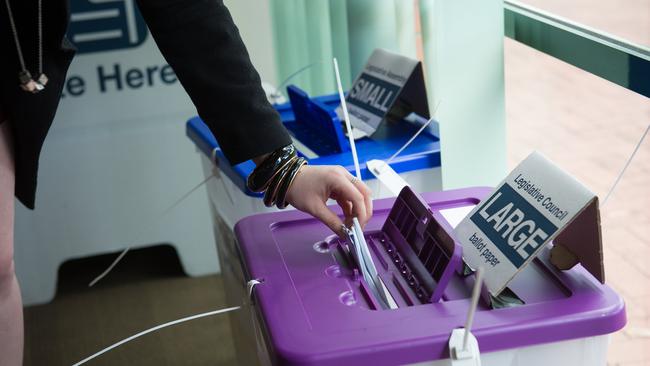
If this referendum were to pass, it would take effect at the next election.
Why are some councils not using the NSWEC?
In NSW, local councils have the choice whether to use the NSWEC or a private election service provider as a way to conduct the elections.
While the majority of the local councils will use the NSWEC, Fairfield and Liverpool councils have elected to use a private service provider.
Despite using a private service, these councils are still required to conduct their elections under the provisions of the Local Government Act 1993.
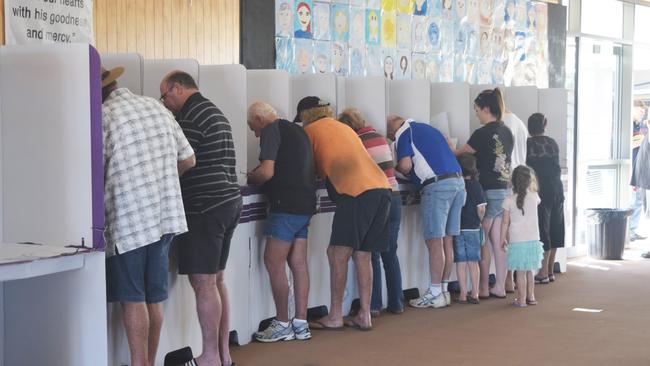
Why are some councils missing Liberal candidates?
In order to run in the council elections, candidates had to submit a valid nomination form to the NSWEC by noon on Wednesday, August 14. If any candidate fails to submit this in time will not be allowed to run.
This means that local councils that have been affected by this late nomination will not have any Liberal candidates in the election.


